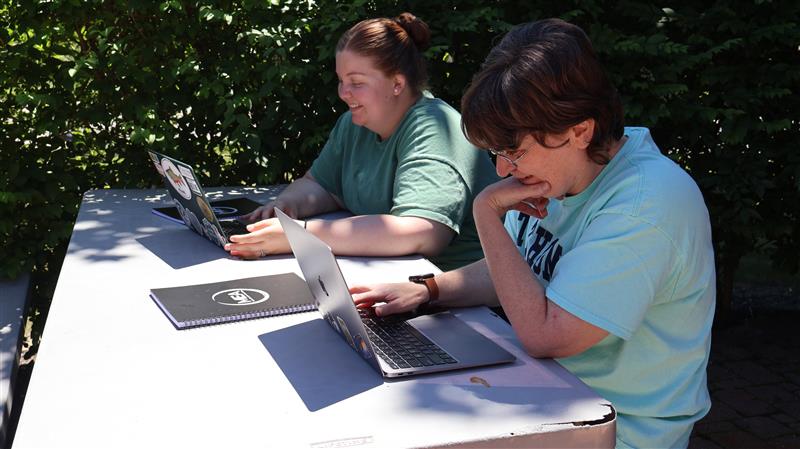We are excited to announce that the MEA will be launching a series of Learning Hub courses designed to support Multilingual Learners (ML). Over the coming months, you can look forward to the following courses, each of which will be worth at least five contact hours that can be used toward state recertification:
- Supporting Multilingual Learners 101
- Assessing Multilingual Learners
- Culturally Relevant Pedagogy
- Advocating for Multilingual Learners
- Multilingual Learners and Standards-Based Instruction
- Multilingual Learner Family and Caregiver Engagement and Partnership
- Multilingual Learner Second Language Acquisition and Instructional Strategies
The first course to be released will be Supporting Multilingual Learners 101. In this edition of Cook’s Corner, we’ll preview some of the course content. We encourage you to visit the Learning Hub to enroll in one of our ML courses or explore our other offerings.
Who are Multilingual Learners?
Multilingual learners (MLs) are students from diverse linguistic backgrounds who are acquiring proficiency in English alongside their native languages. These students bring a wealth of cultural and linguistic experiences to the classroom, enriching the educational environment.
Why is it Important to Support Multilingual Learners?
Understanding the unique needs of multilingual learners is crucial for educators. These students may face challenges in communication, comprehension, and academic performance as they navigate learning a new language. However, they also possess remarkable cognitive abilities and resilience. By implementing inclusive and culturally responsive teaching strategies, educators can create an environment that fosters both language and academic skills, enabling ML to fully participate and excel in their educational journey.
The Role of Educators
More than 55% of teachers in the United States have at least one ML in their classroom. It is essential for all educators to understand the key roles that parent and community involvement, legal protections and policies, advocacy, and community organizing play in supporting these students in learning core academic content.
Legal Framework
The landscape of laws and policies governing the identification, placement, and education of multilingual learners is critical for shaping equitable and inclusive educational experiences. Key legal provisions include:
- Equal Educational Opportunities Act (EEOA)
- Title VI of the Civil Rights Act of 1964
- Individuals with Disabilities Education Act (IDEA)
- Bilingual Education Act (BEA)
- Title III of the Every Student Succeeds Act (ESSA)
These laws mandate language access, prohibit discrimination based on linguistic background, and emphasize the importance of culturally responsive practices, comprehensive language assessment, and tailored educational plans.
Course Objectives for Supporting Multilingual Learners 101
In this course, learners will:
- Demonstrate awareness of the school and classroom climate necessary to support MLs.
- Understand socio-cultural considerations for creating an equitable educational environment for MLs.
- Identify relevant state and federal laws and regulations pertaining to MLs and their education.
- Describe ML cultural considerations and culturally and linguistically responsive teaching.
- Understand the uniqueness of different ML populations and the considerations for their teaching and learning.
To access the Learning Hub, scan the QR code or visit maineea.learnupon.com. For those new to the Hub, be sure to watch our demonstration video on how to set up an
account.
Should you have any questions, please reach out!
Mallory Cook
Director of Training & Early Educator Engagement




